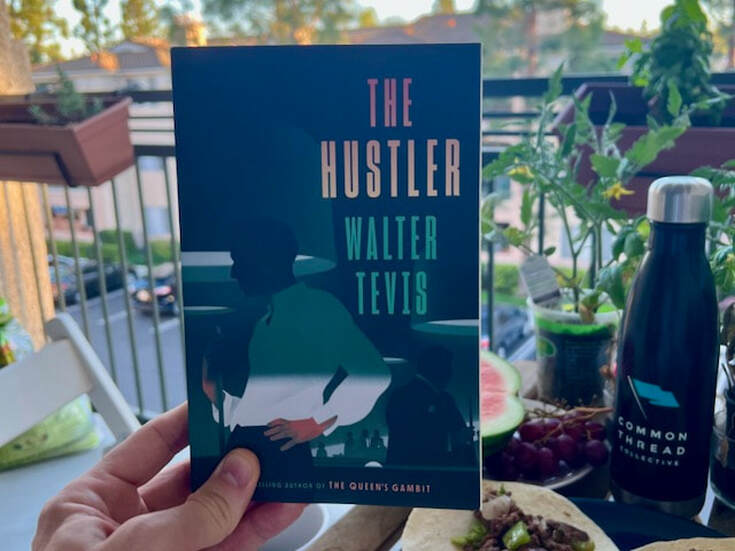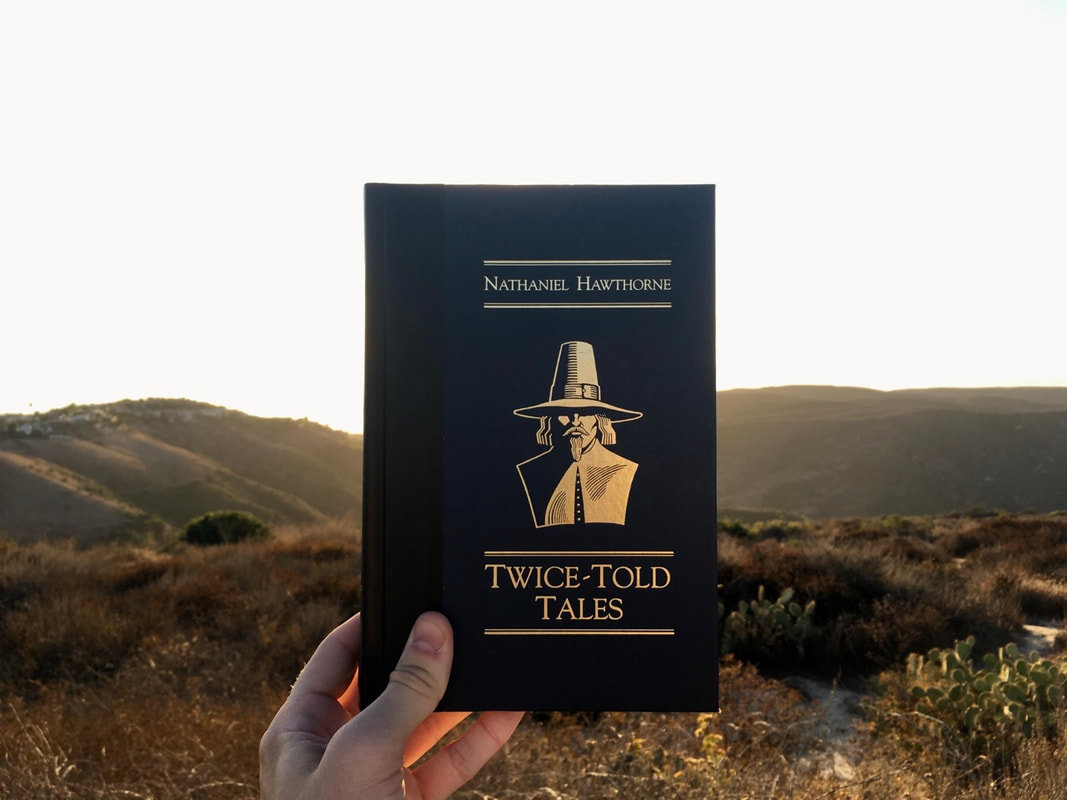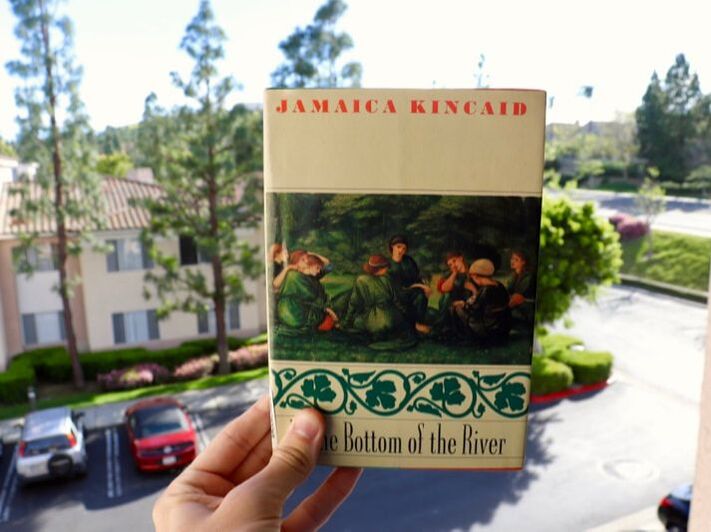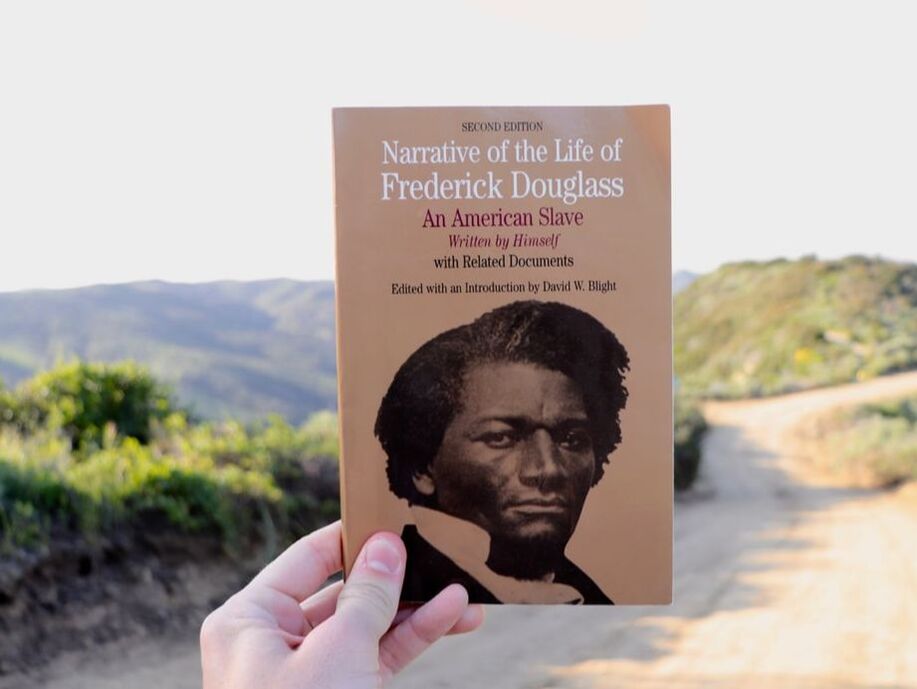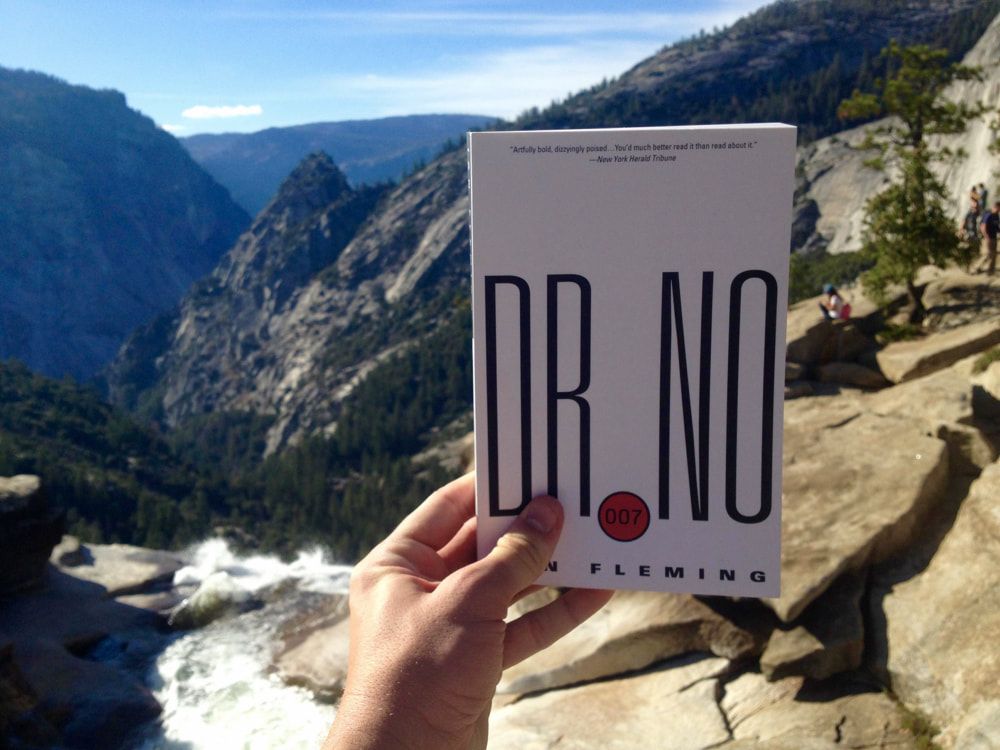"A poolroom in the morning is a strange place. It has stages; a daily metamorphosis, a shedding of patterned skins."
...There's cigar smoke. There's "fat brass spittoons lining the walls" and a bar of flowing whiskey. There's a white cue ball and 15 other ones, striped or solid. Racking them are two men circling a great, green pool-table made of mahogany and magic. This is where Fast Eddie and Minnesota Fats square off in the beginning of The Hustler. It's a normal Tuesday in Chicago. The mounting tension though belongs to duel, like angry cowboys looking to draw quick.
So far, Eddie has Fats beat. He's up 18 games and $18,000. This is more than his $10,000 goal, but he gets cocky. He keeps obliging Fat's request for just one more game. As the hours drag to over a day straight of alcohol, pool shots, and sheer willpower, Eddie slips more and more. He gets boastful. Then he starts missing angles, not just the tough ones. He's tired and growing frustrated at himself. And soon enough, rejecting his friend's warning to walk away while he's ahead, Eddie goes from winning $18 grant to down a few out of pocket. Fast Eddie, the hustler was out-hustled by Minnesota Fats.
And he wants a second shot. But he'll need help. If he's to ever beat his rival, he's going to have to find a whole bunch of self-awareness and get out of his own way. As Bert, a pool coach tells him later, "Self pity: one of the best indoor sports" is keeping Eddie from greatness. This central conflict is what I really enjoyed. The story is fast and sharp. The writing is visual and clear. But the relentless build-up to Eddie's shot at redemption, with pitfalls and detours, never wavers from this central conflict:
This passage in the back-half of the book struck me like a shot from Eddie's pool stick:
"To love the game itself is a fine thing; it is loving the art you live by. There are many things to love in the art—the excitement of it, the difficulty, the use of skill—but to work at it only for those would be like [a loser]. To play pool, you had to want to win and to want this without excuses and without self-deceptions. Only then did you have a right to love the game itself.And this reached further. It seemed to Eddie now, sitting in Bert's car, his body sore and his mind tremendously aware, that the need to win was everywhere in life, in every act, in every conversation, in every encounter between people. And the idea had become for him a kind of touchstone—or a key to the meaning of experience in the world." [JG]
So far, Eddie has Fats beat. He's up 18 games and $18,000. This is more than his $10,000 goal, but he gets cocky. He keeps obliging Fat's request for just one more game. As the hours drag to over a day straight of alcohol, pool shots, and sheer willpower, Eddie slips more and more. He gets boastful. Then he starts missing angles, not just the tough ones. He's tired and growing frustrated at himself. And soon enough, rejecting his friend's warning to walk away while he's ahead, Eddie goes from winning $18 grant to down a few out of pocket. Fast Eddie, the hustler was out-hustled by Minnesota Fats.
And he wants a second shot. But he'll need help. If he's to ever beat his rival, he's going to have to find a whole bunch of self-awareness and get out of his own way. As Bert, a pool coach tells him later, "Self pity: one of the best indoor sports" is keeping Eddie from greatness. This central conflict is what I really enjoyed. The story is fast and sharp. The writing is visual and clear. But the relentless build-up to Eddie's shot at redemption, with pitfalls and detours, never wavers from this central conflict:
This passage in the back-half of the book struck me like a shot from Eddie's pool stick:
"To love the game itself is a fine thing; it is loving the art you live by. There are many things to love in the art—the excitement of it, the difficulty, the use of skill—but to work at it only for those would be like [a loser]. To play pool, you had to want to win and to want this without excuses and without self-deceptions. Only then did you have a right to love the game itself.And this reached further. It seemed to Eddie now, sitting in Bert's car, his body sore and his mind tremendously aware, that the need to win was everywhere in life, in every act, in every conversation, in every encounter between people. And the idea had become for him a kind of touchstone—or a key to the meaning of experience in the world." [JG]
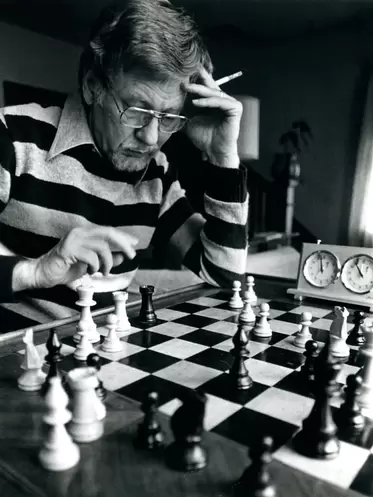
ABOUT THE AUTHOR
Walter Stone Tevis (1928 - 1984) was an American novelist and short story writer. He is perhaps best known now for The Queen's Gambit, which was turned into a fantastic miniseries by Netflix starring Anya Taylor-Joy as an orphaned chess prodigy in 1950's America.
But he also wrote a sequel to The Hustler called The Color of Money, which continues the tale of Fast Eddie in Chicago years later. In 1986, Martin Scorsese directed the movie adaptation with Paul Newman and Tom Cruise. Two of his other novels sound particularly interesting to me: The Man Who Fell To Earth, a science fiction tale of an alien who amasses a fortune in America, as well as Mockingbird, a dystopian novel in which humans use electronics and drugs to sedate their anxieties and satiate their pleasures. No children. No art. No reading.
Walter Stone Tevis (1928 - 1984) was an American novelist and short story writer. He is perhaps best known now for The Queen's Gambit, which was turned into a fantastic miniseries by Netflix starring Anya Taylor-Joy as an orphaned chess prodigy in 1950's America.
But he also wrote a sequel to The Hustler called The Color of Money, which continues the tale of Fast Eddie in Chicago years later. In 1986, Martin Scorsese directed the movie adaptation with Paul Newman and Tom Cruise. Two of his other novels sound particularly interesting to me: The Man Who Fell To Earth, a science fiction tale of an alien who amasses a fortune in America, as well as Mockingbird, a dystopian novel in which humans use electronics and drugs to sedate their anxieties and satiate their pleasures. No children. No art. No reading.
YOU MAY ALSO LIKE

